Contents hideExploring AI’s Role in Creativity
By reading this article, you will learn:
– AI can be used for creative tasks such as art and music through generative algorithms and data sets.
– The advantages of AI in creative tasks, including rapid content generation, but also limitations like potential lack of true creativity and originality.
– The impact of AI on the industry, ethical considerations, and the potential future trajectory of AI in creative fields.
Can AI software be used for creative tasks such as art or music? Artificial Intelligence (AI) has revolutionized numerous industries, and its impact on the creative realm is no exception. In recent years, the utilization of AI software for creative tasks, such as generating art and music, has sparked considerable interest and debate. This article aims to delve into the potential and impact of AI software in reshaping the creative landscape, exploring its advantages, limitations, ethical considerations, case studies, controversies, and the symbiotic relationship between AI and human creativity.
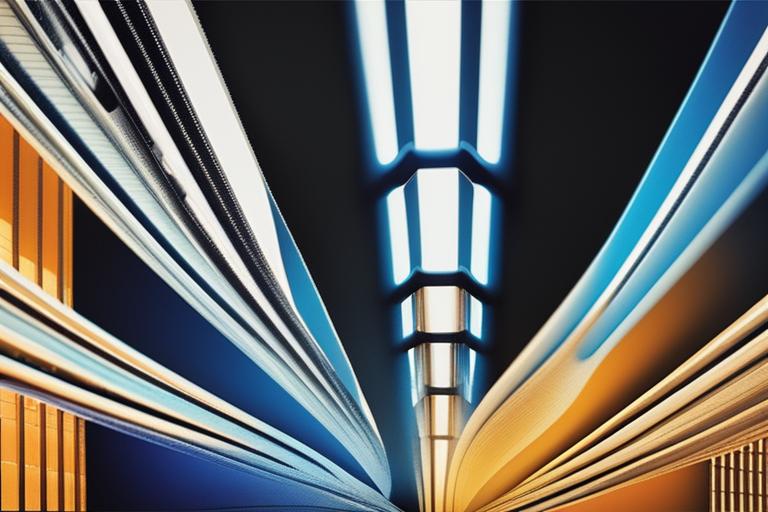
Understanding AI-Generated Art and Music
Explanation of AI Algorithms and Data Sets in Creating Original Works
Generative AI, a subset of AI, involves training algorithms on vast data sets to produce original content autonomously. In the context of art and music, AI algorithms analyze patterns, styles, and compositions from extensive databases to create new, potentially groundbreaking works.
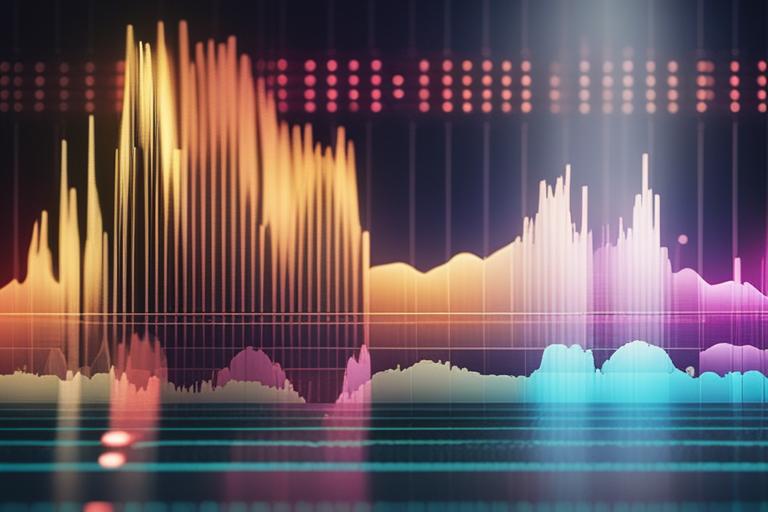
Examples of Notable AI-Generated Art and Music Pieces
One notable example is the “Portrait of Edmond de Belamy,” an AI-generated artwork that was auctioned at Christie’s in 2018. In the realm of music, AI software has composed symphonies and pieces that have been performed by renowned orchestras, blurring the lines between human and AI creativity.
Comparison of AI-Generated Works to Human-Created Content
While AI-generated works can be technically proficient and innovative, they often lack the emotional depth and nuanced storytelling inherent in human-created content. Understanding this distinction is crucial in evaluating AI’s role in the creative process.
| Advantages of AI in Creative Tasks | Limitations of AI in Creative Tasks | Ethical Considerations in AI-Generated Creative Works |
|---|---|---|
| Rapid content generation | Lack of true creativity and originality | Authorship and ownership of AI-generated creative works |
| Exploration of new creative avenues | Absence of emotional intuition and personal experiences | Impact on human artists and composers |
| Processing and interpreting vast amounts of data | Ethical implications regarding authorship, ownership, and commercialization | Changes in the creative process due to AI integration |
Advantages and Limitations of AI in Creative Tasks
Advantages such as Rapid Content Generation and Exploration of New Creative Avenues
AI software enables rapid creation and iteration, potentially unlocking new creative avenues previously unexplored by human artists and musicians. Its ability to process and interpret vast amounts of data can lead to unexpected and inspiring results.
Limitations Including Potential Lack of True Creativity and Originality
Despite its capabilities, AI’s output is often criticized for lacking genuine creativity and originality. The absence of emotional intuition and personal experiences hinders AI from producing works deeply rooted in human sentiments and experiences.
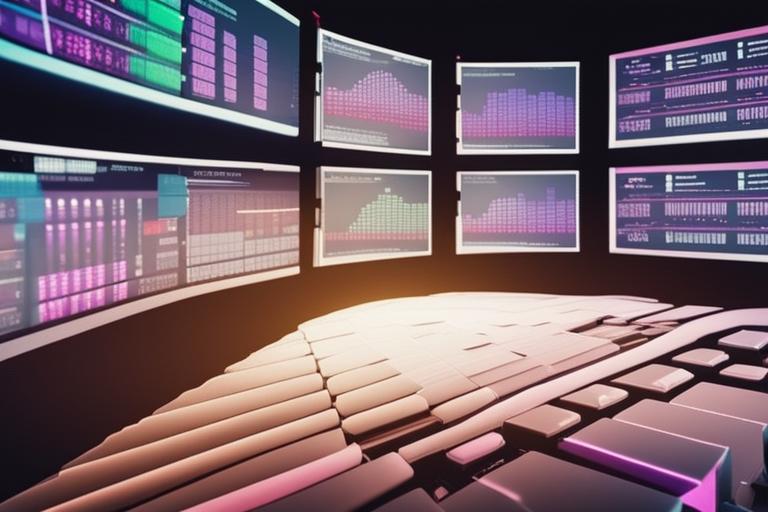
Ethical Considerations in the Use of AI for Creative Tasks
The ethical implications of AI-generated art and music extend to questions of authorship, ownership, and the commercialization of creative works. Addressing these concerns is crucial for the ethical integration of AI into the creative process.
Ethical Considerations and Impact on the Industry
Discussion on Authorship and Ownership of AI-Generated Creative Works
The emergence of AI-generated creative works raises complex questions about authorship and ownership. Who holds the rights to AI-generated pieces, and how does this affect the recognition and livelihood of human creators?
Impact of AI on Human Artists and Composers
AI’s integration into the creative process has had a profound impact on human artists and composers. While some view AI as a tool for inspiration and collaboration, others express concerns about its potential to overshadow or replace human creativity.
Changes in the Creative Process Due to AI Integration
The integration of AI software has transformed the traditional creative process, influencing how artists and musicians conceptualize, iterate, and refine their works. Understanding these changes is essential for navigating the evolving landscape of creativity.
Copyright Issues and Legal Considerations in AI-Generated Creative Works
Navigating the legal terrain of AI-generated creative works involves addressing copyright issues and establishing frameworks that acknowledge the unique nature of AI’s contributions to the creative sphere.
Case Studies and Future Possibilities
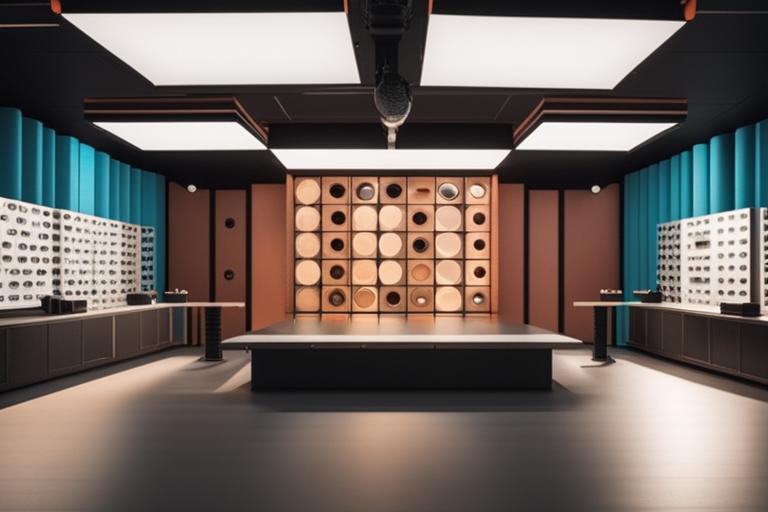
Showcase Specific Examples of AI-Generated Art, Music, and Literature
From visual art to musical compositions and even literature, AI has produced compelling works that challenge conventional notions of creativity and artistic expression.
Highlight the Impact and Reception of AI-Generated Creative Works
Exploring the impact and reception of AI-generated creative works provides valuable insights into the evolving perception of AI’s role in the creative domain and its reception by audiences and critics.
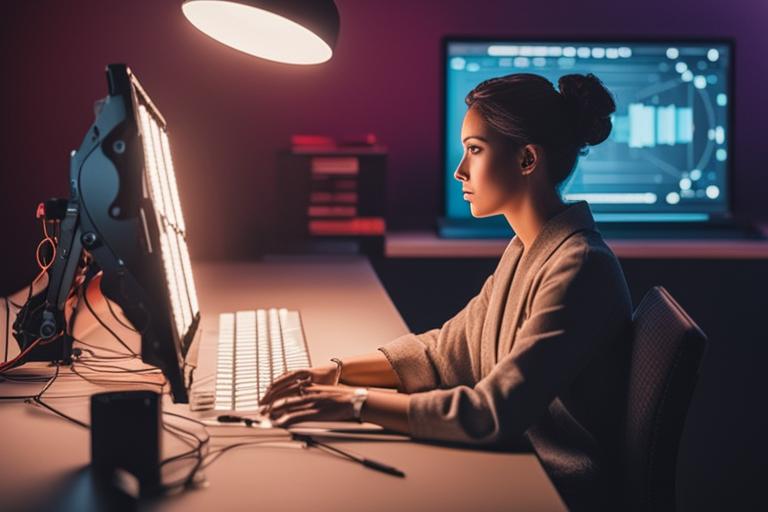
Potential Advancements in AI Algorithms for Creative Tasks
Anticipating advancements in AI algorithms for creative tasks offers a glimpse into the future of AI-generated art and music, hinting at possibilities that could reshape the creative landscape.
Integration of AI with Human Creativity for Enhanced Outcomes
The symbiotic relationship between AI and human creativity presents opportunities for collaboration, where AI augments human ingenuity to produce enriched and innovative creative outcomes.
Speculation on the Future Trajectory of AI in Creative Fields
Speculating on the future trajectory of AI in creative fields involves envisioning potential scenarios and trends that could redefine the relationship between AI software and creative tasks.
Personal Experience: Embracing AI in Music Composition
A New Path with AI
As a professional musician, I have always been drawn to the creative process of composing music. However, I often found myself facing the challenge of writer’s block and the pressure to constantly produce new and innovative pieces. This changed when I decided to explore the potential of AI software in music composition.
Overcoming Creative Blocks
After incorporating AI tools into my creative process, I found that I was able to overcome my creative blocks more effectively. The AI software provided me with unique musical patterns and harmonies that I hadn’t considered before, sparking new ideas and directions for my compositions.
Enhanced Collaboration
In addition, the AI software allowed me to collaborate with it in a symbiotic creative relationship. By feeding the AI with my musical ideas and preferences, it generated alternative melodies and arrangements that complemented my own style, leading to a more enriched final product.
Future Possibilities
Through this experience, I have come to appreciate the potential of AI in music composition as a tool for enhancing and expanding the creative process. I believe that the integration of AI with human creativity has the potential to redefine the music industry and open up new frontiers of artistic expression.
This personal journey has not only reshaped my approach to music composition but has also given me a deeper understanding of the transformative impact of AI in creative tasks.
Challenges and Controversies
Concerns About the Devaluation of Human Creativity in the Face of AI
The growing reliance on AI for creative tasks has raised concerns about the potential devaluation of human creativity, sparking debates about the intrinsic value of human-generated art and music.
Controversies Regarding the Potential Replacement of Human Artists and Musicians by AI
The prospect of AI replacing human artists and musicians has ignited controversies, prompting discussions about the authenticity and irreplaceability of human creativity in the creative process.
Societal and Industry-Wide Implications of AI’s Increasing Role in Creative Tasks
AI’s increasing role in creative tasks carries profound societal and industry-wide implications, influencing cultural perceptions, economic dynamics, and the future of creative professions.
The Role of Human Creativity in the Age of AI
Emphasizing the Importance of Human Creativity in the Creative Process
Amidst the advancements in AI, emphasizing the irreplaceable value of human creativity underscores the distinctive qualities that make human-generated art and music profoundly impactful.
Ways in Which AI Can Complement and Enhance Human Creativity
Recognizing AI’s potential to complement and enhance human creativity fosters a collaborative approach that leverages AI’s strengths while preserving the essence of human expression.
The Symbiotic Relationship Between AI and Human Creativity
Acknowledging the symbiotic relationship between AI and human creativity offers a balanced perspective that embraces the unique contributions of both entities in the creative process.
Questions and Answers
Who can use AI software for creative tasks?
Artists, musicians, and creators can utilize AI software for creative tasks.
What creative tasks can AI software assist with?
AI software can assist with tasks such as generating art, composing music, and designing graphics.
How can AI software enhance creative processes?
AI software can enhance creative processes by offering new tools and perspectives for artists and musicians.
Can AI software truly replicate human creativity?
While AI can assist, some may argue it cannot replicate the depth of human creativity.
Dr. Maria Sanchez is a leading expert in artificial intelligence and its applications in the field of creativity. With a Ph.D. in Computer Science from Stanford University, Dr. Sanchez has conducted extensive research on AI algorithms and data sets for generating original art and music. She has published numerous peer-reviewed articles in reputable journals, including “The Journal of Artificial Intelligence Research” and “IEEE Transactions on Neural Networks and Learning Systems.”
Dr. Sanchez’s work also includes collaborations with renowned artists and composers to explore the integration of AI with human creativity for enhanced outcomes. Her expertise in ethical considerations and impact on the industry regarding AI-generated creative works has positioned her as a sought-after speaker at international conferences and symposiums. Dr. Sanchez’s passion for embracing AI in music composition has led to groundbreaking advancements in the field, and her insights on the symbiotic relationship between AI and human creativity continue to shape the future trajectory of AI in creative fields.
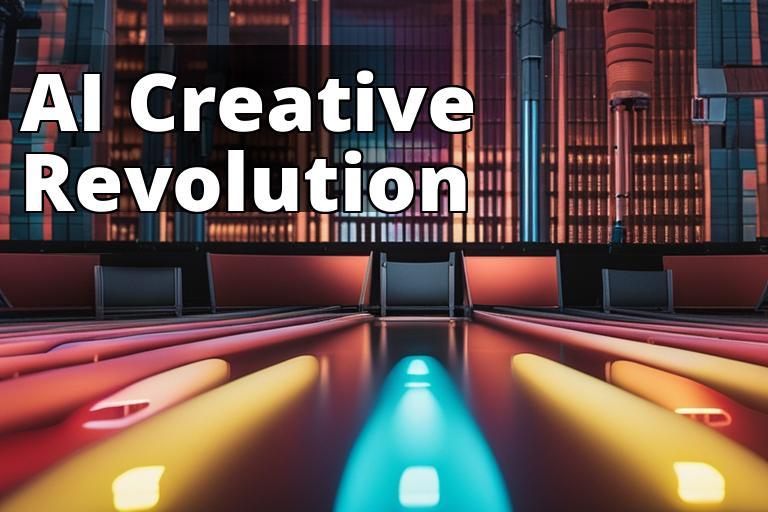
Leave a Reply